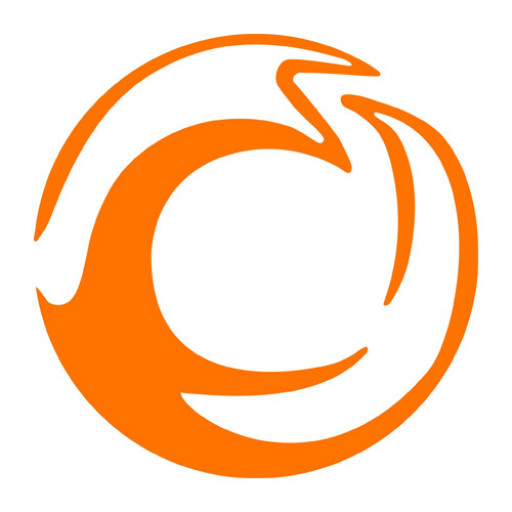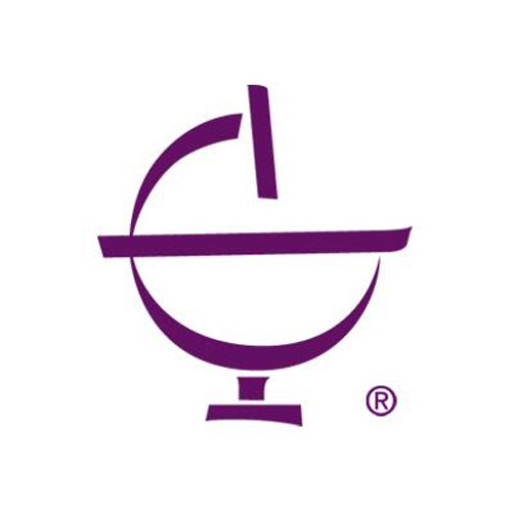Photos of university / #sydney_uni
The Master of Rehabilitation Counselling at The University of Sydney is a comprehensive and professionally-oriented program designed to equip students with the knowledge, skills, and ethical grounding necessary to support individuals with disabilities and health conditions in achieving their full potential. This graduate qualification offers an in-depth understanding of the psychosocial, medical, and social aspects of rehabilitation, ensuring graduates are prepared to work across diverse settings such as healthcare, community services, government agencies, and private practices.
Throughout the course, students explore core topics including assessment and intervention strategies, case management, mental health support, disability rights, and the application of counselling techniques tailored to individual needs. The curriculum emphasizes evidence-based practices and the latest advancements in rehabilitation science, enabling graduates to develop personalized and effective rehabilitation plans. Practical training is integral to the program, with opportunities for supervised placements and internships that facilitate real-world experience and foster professional networking.
The program is suitable for individuals with a background in health sciences, psychology, social work, or related fields who seek to advance their expertise in rehabilitation counselling. It is designed to prepare students for accreditation as rehabilitation counsellors and related health professionals, aligning with industry standards and best practices. Graduates will be equipped to work collaboratively with multidisciplinary teams, advocating for client-centered approaches that respect diversity and promote inclusion.
The University of Sydney's Rehabilitation Counselling program emphasizes the development of critical thinking, cultural competence, and ethical decision-making, ensuring that graduates are not only skilled practitioners but also committed advocates for social justice and equal opportunities. With a strong emphasis on research and continuous professional development, students are encouraged to contribute to the evolving field of rehabilitation. Upon completion, graduates are well-positioned to pursue careers in various sectors or further academic research, making meaningful contributions to improving quality of life for individuals facing disabilities and health challenges.
Rehabilitation Counselling Association of Australasia; Australian Society of Rehabilitation Counsellors
The University of Sydney offers a comprehensive program in Rehabilitation Counselling designed to prepare students for effective practice in assisting individuals with disabilities and health conditions to achieve their personal, social, and vocational goals. The program curriculum emphasizes a combination of theoretical knowledge, practical skills, and ethical practice. Core coursework includes subjects such as counselling theories and techniques, assessment and intervention strategies, rehabilitation psychology, disability studies, and social policy. Students are also required to undertake supervised practicum placements to gain real-world experience in various settings, including community agencies, healthcare facilities, and private practices. Admission prerequisites typically include a completed undergraduate degree in a relevant field such as psychology, social work, or health sciences, along with relevant work or volunteer experience in a related area. The program has a structured duration, often spanning two years full-time, with part-time options available subject to certain conditions. Throughout their studies, students must meet academic performance standards, complete a minimum number of practicum hours, and demonstrate competency in essential counselling skills. Upon completion of the program, graduates are eligible to apply for registration or accreditation with professional bodies such as the Rehabilitation Counselling Association of Australasia (RCAA). The program also emphasizes ongoing professional development and lifelong learning to ensure practitioners remain current with best practices in rehabilitation counselling. The curriculum aligns with national and international standards for counselling and rehabilitation practice, incorporating evidence-based approaches and client-centered models. In addition to classroom instruction, students participate in seminars, workshops, and case discussions to enhance their practical competencies. The program encourages interprofessional collaboration and understanding of multidisciplinary approaches to rehabilitation. Graduates of the program are prepared to work in diverse settings, including hospitals, community health organizations, vocational rehabilitation agencies, and private practice, providing holistic support to clients with complex needs. The University of Sydney’s Rehabilitation Counselling program is committed to fostering a sensitive, ethical, and culturally competent workforce equipped to address the varied challenges faced by individuals with disabilities.
The Rehabilitation Counselling program at the University of Sydney offers a range of flexible financing options to support students throughout their studies. Tuition fees for domestic and international students vary, with detailed information available on the university's official website. International students typically pay higher fees compared to domestic students, and fees are subject to annual adjustments. The university provides a comprehensive scholarship program aimed at supporting high-achieving students, including both merit-based and need-based scholarships. Prospective students are encouraged to explore scholarships offered by the university, community organizations, and government agencies, which can significantly reduce the financial burden.
Additionally, the university offers various payment plans to assist students in managing their tuition fee payments over the duration of their studies. Students can opt for installment payments, which require paying a set amount at regular intervals, thereby easing immediate financial pressure. Financial aid is also available through government-supported schemes such as youth or disability-specific funding, which may be applicable to students enrolled in Rehabilitation Counselling, especially those with disabilities or requiring additional support. International students are advised to consider specific scholarships designated for international applicants and to explore external funding opportunities from their home countries or international organizations.
Students can also seek advice from the university's Student Financial Support Office to discuss personalized financing options and eligibility criteria. The university's flexible payment options and diverse scholarship programs are designed to ensure that financial circumstances do not hinder qualified candidates from pursuing their education in Rehabilitation Counselling. It is recommended that students start their financial planning early and submit any scholarship applications well before the commencement of their studies to maximize their chances of securing funding. The university strives to make higher education accessible and affordable, fostering an inclusive learning environment for all students interested in rehabilitation and counselling careers.
The University of Sydney offers a comprehensive program in Rehabilitation Counselling designed to prepare students for professional roles supporting individuals with disabilities and health conditions to achieve their personal, social, educational, and employment goals. This program integrates theoretical knowledge with practical skills, emphasizing client-centered approaches, ethical practice, and evidence-based interventions. Students engage with a range of coursework covering topics such as disability studies, psychological assessment, counseling techniques, vocational rehabilitation, case management, and legal and ethical considerations within health and community services.
The curriculum is structured to provide a thorough understanding of the barriers faced by individuals with disabilities, along with strategies to facilitate their integration into various aspects of life. The program often includes supervised clinical placements, allowing students to gain real-world experience working with diverse client populations under the guidance of experienced professionals. This practical component is critical in developing the interpersonal, communication, and problem-solving skills essential for effective rehabilitation counseling.
Graduates from the program are equipped to work in a variety of settings, including hospitals, community health organizations, government departments, non-profit agencies, and private practice. They are prepared to contribute to policy development, advocacy, and the delivery of specialized services aimed at improving the quality of life for people with disabilities. The program also emphasizes interdisciplinary collaboration, encouraging students to work closely with health practitioners, social workers, educators, and policymakers.
The University of Sydney maintains high academic standards and a commitment to research-informed teaching, ensuring that graduates are up-to-date with the latest developments in rehabilitation counselling. Entry requirements typically include a relevant undergraduate degree, and applicants are assessed on academic performance, relevant experience, and motivation for pursuing a career in this field.
Overall, the Rehabilitation Counselling program at the University of Sydney offers a rigorous, skill-based education designed to meet the growing demand for qualified professionals dedicated to empowering individuals with disabilities, fostering independence, and enhancing community inclusion.







